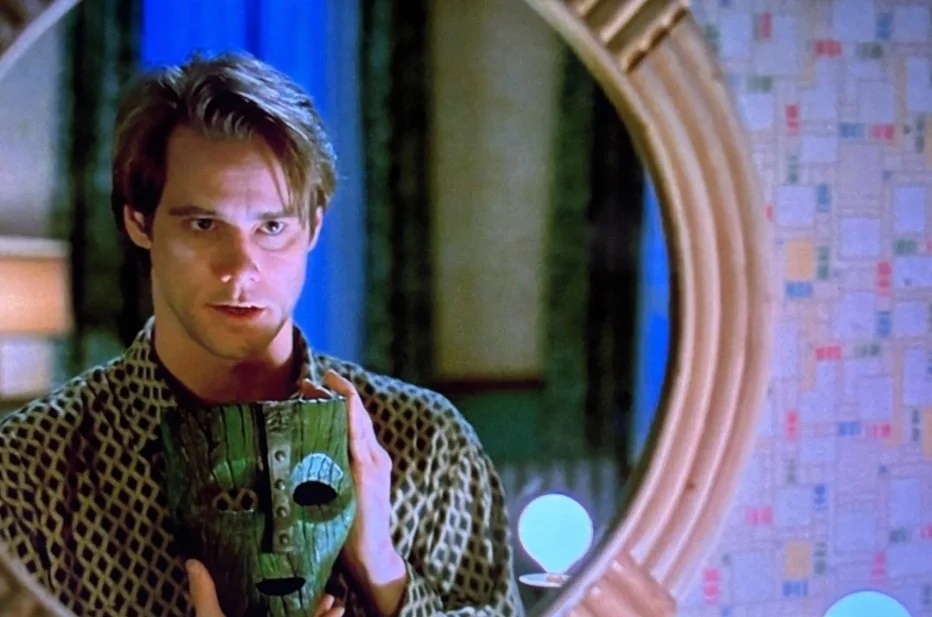The Enneagram: What’s your autopilot?
The Enneagram is a personality framework that is a fantastic tool for personal growth. The Enneagram (ennea “nine” + gram “shape”) points to nine universal human ways of seeing and responding to the world.
Each Type (listed Types 1 through 9) has its corresponding habits (which I call an “autopilot”).
The Enneagram has exploded in popularity with the help of social media, and now a ton of people are looking for Enneagram professionals to help with their personal development in coaching or therapy.
Tons of Enneagram Coaches, not enough Enneagram Therapists
Though there are hundreds of Enneagram coaches, not a lot of therapists are specifically trained in using the Enneagram. Therapists who are familiar with the Enneagram may know enough about it to understand what their clients are talking about, but not enough to intentionally use it as a tool for deep transformation.
Used incorrectly, the Enneagram can actually be used in a way to REINFORCE our autopilots and further stereotypes, which is the OPPOSITE of what it’s originally meant to do.
We are MORE THAN our Type. Discovering our Enneagram Type is just the STARTING POINT. The goal is to grow BEYOND it.
Enneagram Therapy vs. Enneagram Coaching
Therapy and coaching may be very similar in destinations, but vary in the specific paths taken and vehicles used.
Whereas coaching is an unregulated, open-ended industry (basically anyone can call themselves a coach), psychotherapy is a strongly regulated field involving years of specialized training, a state licensing board, and 3,000+ hours of experience.
As such, therapists are required to abide by some rules that coaches don’t. Therapists can provide coaching, coaches can’t provide therapy.
When it comes to the Enneagram, here’s how the two differ with me:
Enneagram Therapy
Focus on mental or emotional health issues, relationships, and/or traumas, using the Enneagram as ONE tool of many. Other therapy-specific approaches (e.g. Brainspotting) may be used as well according to my therapist training.
Balanced focus on past, present, and future.
More insight and experience-oriented.
Medium-paced and weekly full sessions for 40ish sessions for optimal benefit.
Weekly single sessions recommended as needed.
Clients MUST be physically located in the state where the therapist is licensed. That means that we can’t meet when you’re traveling out of state and need to wait until you return to the state I’m licensed in (California).
Strict confidentiality and privacy rules, little to no option for dual relationships
Can potentially be covered by insurance (out-of-network).
Enneagram Coaching
Focus on Enneagram work and don’t cover trauma topics, specific relationship issues, or emotional/mental health issues (e.g., anxiety and depression). I cannot use any therapy approaches or tools.
More future-oriented with a focus on goals and tasks.
More action-oriented.
Fast-paced. We can meet at various frequencies (e.g., once or twice a month) at various lengths (single, double, half, or longer intensive sessions) depending on need.
No restrictions on where you are or on how long or frequent our sessions are.
Confidentiality is a preferred practice, but not a hard rule.
More open-ended in what we can do, less hoops to jump through.
Collaboration and dual relationships are possible.
NOT covered by insurance.
Should I do Enneagram Therapy or Coaching?
Short answer: there’s no single right way. You don’t need to find a unicorn therapist/coach who does it all, and can get your needs met piecemeal.
Ask yourself what you’re needing for the next 3-6 months. What area of your life are you needing support in?
Personal Development
Relationships
Professional Development
If you have some painful experiences you would like to address, therapy is the path to take. This doesn’t have to be with the Enneagram, but if you find a therapist who does, it might help you address the core issues more efficiently and specifically to your autopilot habits.
If there isn’t an Enneagram therapist in your state, then you may find a therapist in-state and work with an Enneagram coach separately.
If you’re wanting to take immediate action for the shorter term (3-12 months), coaching is a fine option. Just know that, if you have deeper dynamics that aren’t addressed, at some point you may hit a wall you can’t scale with sheer strategy and willpower. That’s your cue to reach out to a therapist.
How can I find an Enneagram therapist near me?
This is the hardest part, but here are some tips:
Find a therapist trained by Beatrice Chestnut and Uranio Paes as Chestnut-Paes Enneagram Academy or the Narrative Enneagram tradition
California - myself (Joanne Kim), Melinda Olsen
We’re also supervising prelicensed therapists!
Missouri - Rachel Peterka
The BIG Feelings First Aid Kit
Messy feelings spilling out at the WRONG TIME, WRONG PLACE, WRONG WAY?
Grab this free PDF guide that shows you how to handle feelings like a pro so that you can keep moving forward in life!
© Copyright 2022 Joanne B. Kim. All rights reserved.
JOANNE B. KIM, LMFT
Joanne is a Licensed Marriage & Family Therapist and Certified Brainspotting Practitioner in San Jose, CA. She helps people EXHAUSTED by anxiety, shame, and an allergic reaction to anger create VIBRANT relationships where they matter, too.
Many of her clients are:
(1) the highly responsible, conscientious, and empathic types
(2) Enneagram Type Ones, Twos, Fours, or Nines
(3) Highly Sensitive Persons (HSPs)
The most common words spoken by those who’ve sat with Joanne:
“I thought it was just me. I’m NOT crazy!”
“I can finally figure out what to do with all these feelings!”





































In a conversation with Catherine Quiring of the Coming Home to Ourselves Substack, we explore the Enneagram through the lens of the show Ted Lasso, going into the importance of emotional intelligence, the role of instincts & subtypes in the Enneagram, and how these concepts can help individuals navigate their personal growth and relationships.